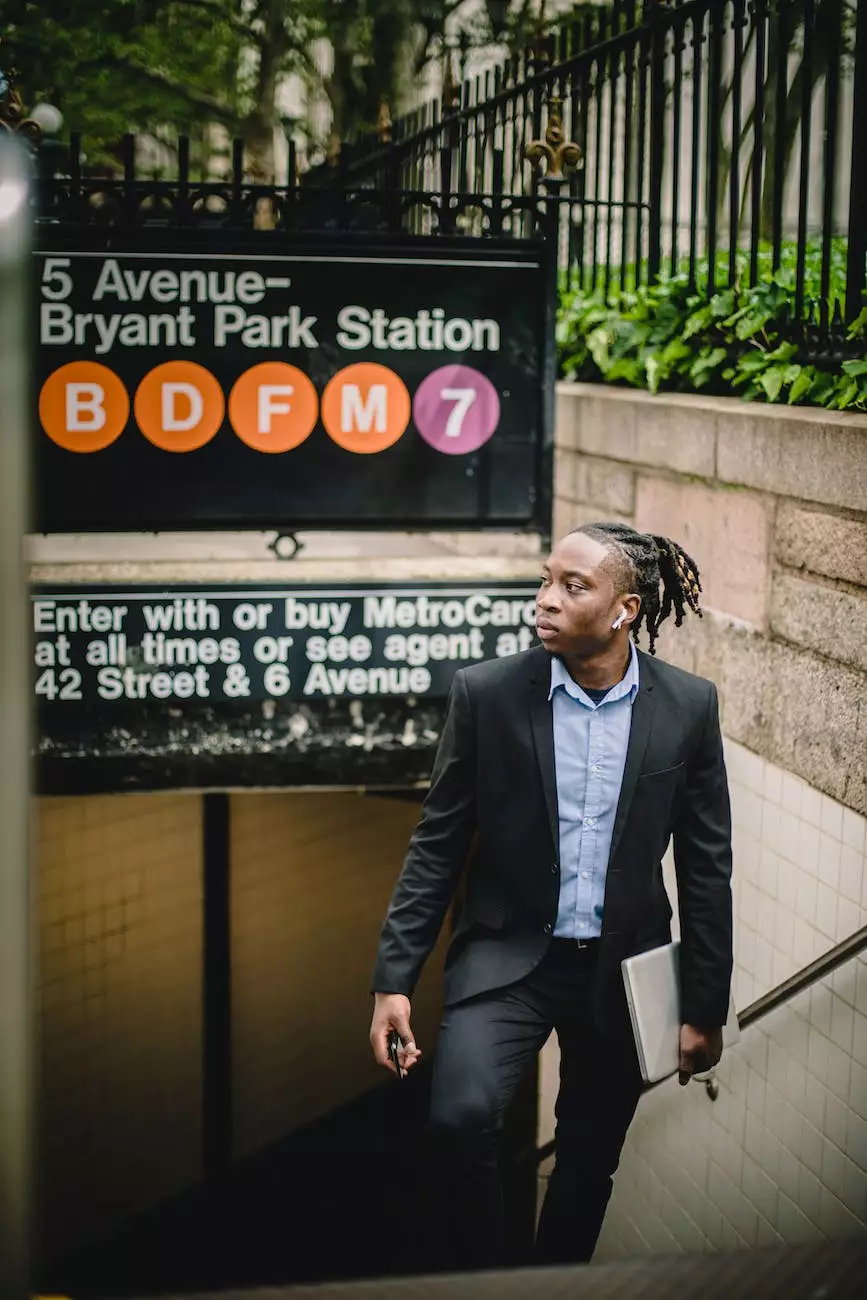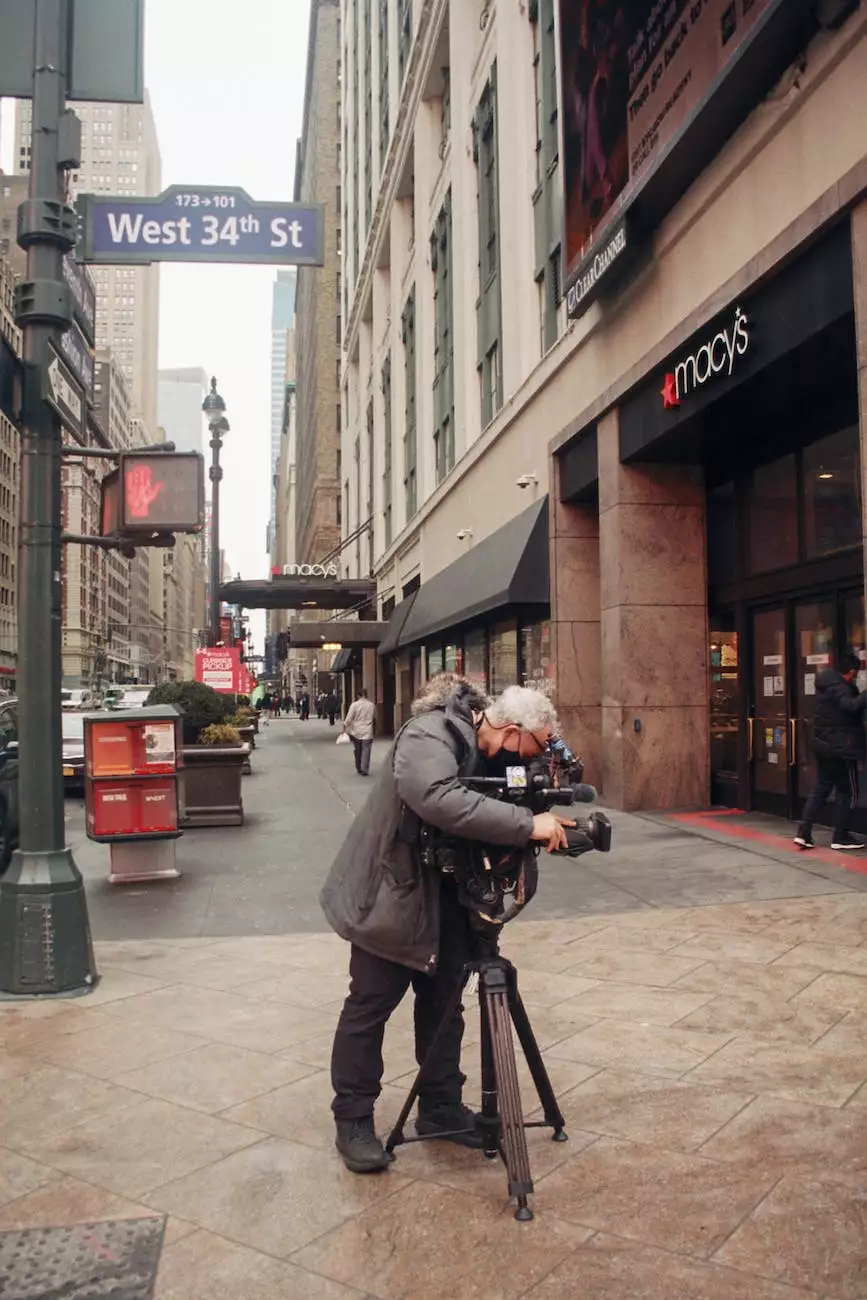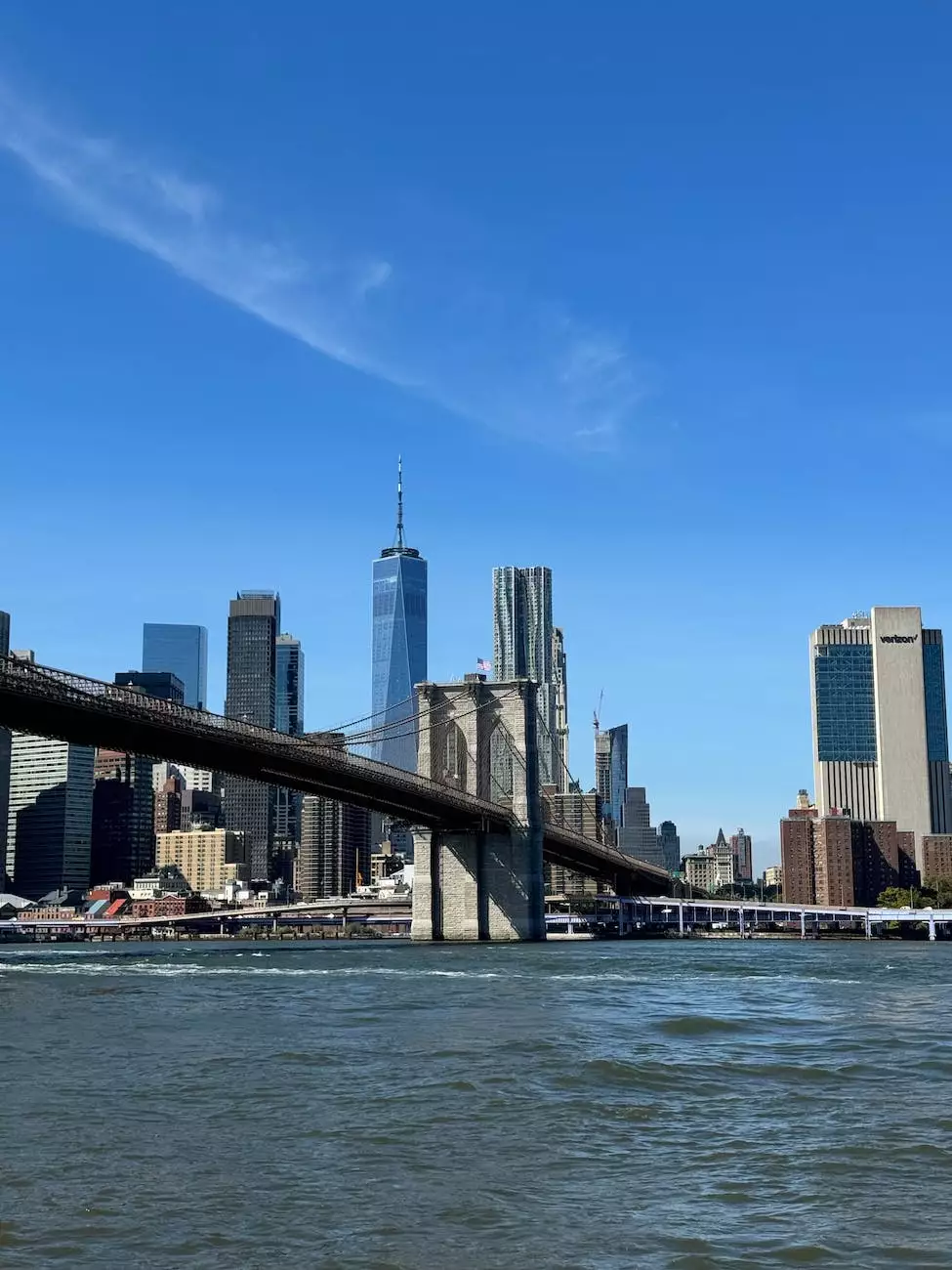The Impact and Significance of Black Churches in New York City

The Role of Black Churches
In the diverse and vibrant city of New York, black churches play a vital role in providing spiritual guidance, community support, and promoting social justice initiatives. With a deep-rooted history, these churches have become pillars of strength and hope for African-American communities, celebrating faith, culture, and empowerment.
Bridge Church NYC: Uplifting the Community
Bridge Church NYC is a leading religious organization, representing the essence of black churches, focusing on promoting positive change within the local community. Founded on the principles of love, unity, and justice, Bridge Church NYC strives to make a significant difference while fostering a sense of belonging and spiritual enrichment.
Empowering Through Worship
At Bridge Church NYC, worship is a transformative experience. With dynamic sermons, powerful gospel music, and a welcoming atmosphere, the church creates an environment where individuals can connect with their spirituality while being uplifted by the collective energy of the congregation. Through vibrant worship services, Bridge Church NYC ignites passion and fosters personal growth among its members.
Community Outreach and Service
As a dedicated community service/non-profit organization, Bridge Church NYC actively engages in various outreach programs. The church understands the importance of addressing social issues and creating positive change. From organizing food drives, supporting education initiatives, and advocating for social justice, Bridge Church NYC stands as an active force for good within the community.
Promoting Equality and Inclusion
Bridge Church NYC firmly believes in the power of equality and inclusion. It actively works towards breaking down barriers and promoting understanding between different communities. Through its outreach programs, Bridge Church NYC aims to empower individuals, create opportunities, and drive a positive impact that extends beyond the doors of its sanctuary.
The Historical Significance
Black churches have a rich history that dates back to the times of slavery. In the face of adversity, these institutions stood as empowering spaces for African-Americans, providing a safe haven where faith, culture, and education thrived. They served as gathering places to discuss social issues, plan civil rights movements, and educate the community, fighting against injustice and discrimination.
Preserving Culture and Traditions
Black churches are cultural epicenters, preserving the unique traditions, music, and spiritual practices that have shaped African-American culture. From powerful gospel choirs to soulful sermons, these churches celebrate the rich heritage of the community. They embrace diversity, creating a place where individuals can express their identities and find strength in their shared experiences.
Black Churches: Agents of Change
Black churches continue to be agents of change in New York City. They actively raise awareness about pressing issues, inspire activism, and foster dialogue on topics such as racial equality, social justice, and community development. Through their collective efforts, black churches leave a remarkable impact on the lives of individuals and contribute to the overall betterment of society.
In Conclusion
The significance of black churches in New York City cannot be overstated. These religious organizations, such as Bridge Church NYC, not only provide spiritual guidance but also act as community service/non-profit entities, addressing social issues and empowering individuals. Their historical significance, cultural preservation, and commitment to positive change make them essential institutions within the fabric of society.
black churchs



